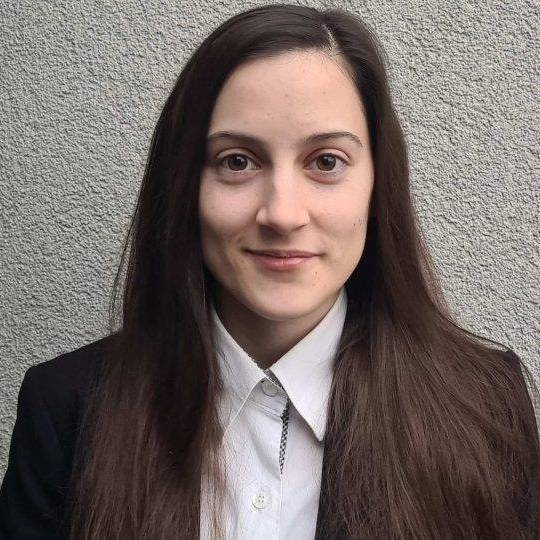Tensions escalated between Serbia and Kosovo on Sunday, 31 July. Serbian demonstrators blocked roads and shot at Kosovo police officers. No one was injured in the incident, but two border crossings between the countries had to be closed. Serbian President Aleksandar Vucic warned that “if they dare to persecute and kill Serbs, Serbia will win”. The statement provoked a reaction from Kosovo’s Prime Minister Albin Kurti, who accused Vucic of igniting the unrest.
The protests were sparked by a planned law under which ethnic Serbs living in Kosovo (about 50,000 live there) would have to exchange their Serbian licence plates for Kosovo ones within the next two months. The Kosovo government also said that all holders of Serbian identity cards and passports were to be required to obtain an additional document when entering Kosovo, just as Kosovars have to do when entering Serbia. Prime Minister Kurti said on Sunday that this was a reciprocal move, as the government in Belgrade requires Kosovo citizens to do the same when entering Serbia.
Currently, the adoption of the controversial law has been postponed by 30 days. Pristina committed to the postponement after talks with the US ambassador. Thus, the implementation should be postponed until 1 September 2022. By then, according to Kurti, the barricades should be removed and freedom of movement restored in northern Kosovo. The postponement was also welcomed by EU High Representative for Foreign Affairs and Security Policy Josep Borell, who called on both states to engage in dialogue with the EU. In his view, a peaceful settlement of the conflict is the only way to normalise relations.
Peacekeepers from the NATO-led KFOR mission have described the security situation in northern Kosovo as tense. At the same time, they said they were ready to intervene if the stability of the region was jeopardised. Kosovo declared independence from Serbia in 2008, a unilateral declaration which, despite relatively wide recognition by states around the world, is still not accepted by Serbia.
A similar incident occurred on the border between the two countries in September last year, when ethnic Serbs blocked roads during protests. The situation is now made more difficult by the Russian aggression in Ukraine, which is drawing considerable attention from the US and the EU, major allies of Kosovo. On the other side is Serbia, which has ambitions to join the EU but maintains close relations with Moscow and, because of the bombing of Yugoslavia by NATO troops in 1999, still resents the alliance. The region could thus become another front for escalating tensions between these actors. This would suit Russia in particular, as an outbreak of conflict in the Balkans would inevitably draw NATO’s attention away from Ukraine.
Photo credit: Defense Visual Information Distribution Service


